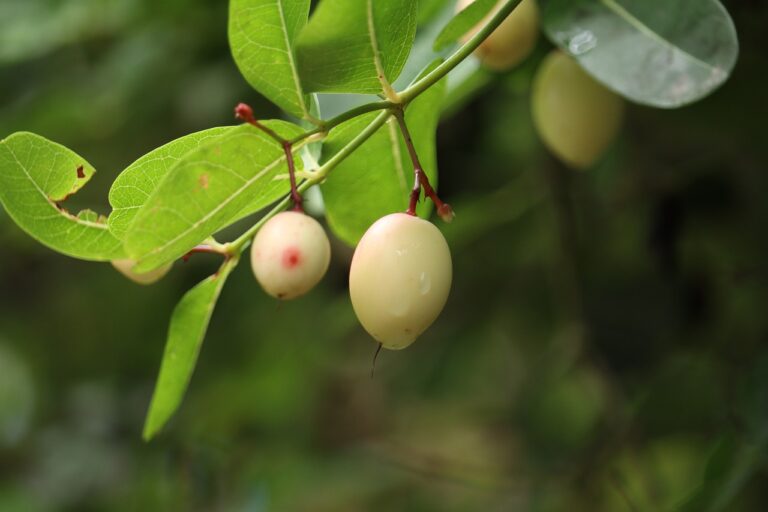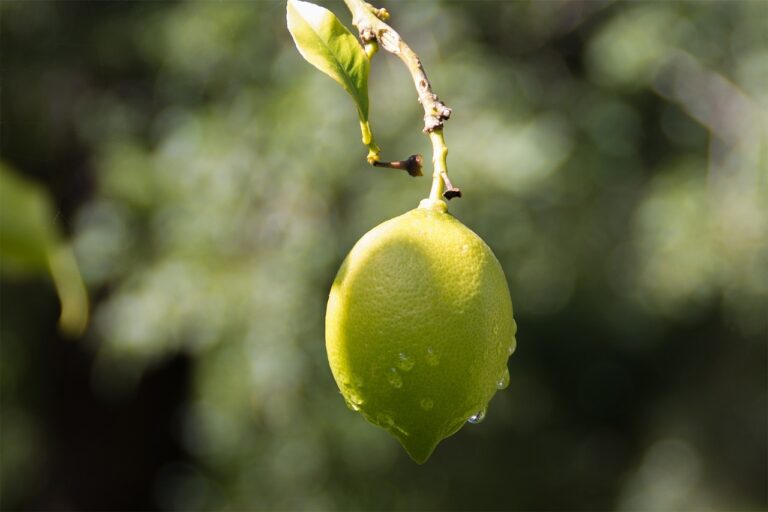Pharmacovigilance in Mangrove Conservation: Monitoring Adverse Events in Coastal Plant Health: Diamond exchange sign up, Sky99exch com login, Reddy book club
diamond exchange sign up, sky99exch com login, reddy book club: Pharmacovigilance in Mangrove Conservation: Monitoring Adverse Events in Coastal Plant Health
Mangroves are vital ecosystems that provide a wide range of ecological services, such as coastal protection, habitat for various species, and carbon sequestration. However, these unique coastal forests are facing numerous threats, including pollution, deforestation, and climate change. To ensure the sustainability and health of mangrove ecosystems, it is essential to monitor and manage potential adverse events, including the use of pharmaceuticals in mangrove conservation efforts.
Pharmacovigilance is the science of monitoring the safety of medications and other pharmaceutical products once they are on the market. In the context of mangrove conservation, pharmacovigilance can help assess the potential impacts of using pharmaceuticals to restore or protect mangrove ecosystems. By monitoring and reporting any adverse events related to the use of pharmaceuticals in mangrove conservation efforts, researchers and conservationists can minimize risks and optimize the effectiveness of these interventions.
Monitoring adverse events in coastal plant health is crucial for maintaining the resilience and biodiversity of mangrove ecosystems. Through pharmacovigilance, researchers can identify potential side effects of pharmaceuticals on mangrove plants and other organisms, as well as assess the long-term impacts on ecosystem health. By collecting and analyzing data on adverse events, conservationists can make informed decisions about the use of pharmaceuticals in mangrove restoration projects and develop strategies to mitigate any negative effects.
Heading: The Importance of Pharmacovigilance in Mangrove Conservation
Pharmacovigilance plays a crucial role in ensuring the safety and effectiveness of pharmaceutical interventions in mangrove conservation. By monitoring and reporting adverse events, researchers can identify potential risks and take proactive measures to protect mangrove ecosystems.
Heading: Monitoring Adverse Events in Mangrove Plant Health
One of the key objectives of pharmacovigilance in mangrove conservation is to monitor adverse events in plant health. By assessing the impact of pharmaceuticals on mangrove plants, researchers can identify any signs of toxicity or stress and develop strategies to promote plant growth and resilience.
Heading: Reporting and Data Analysis
Collecting and analyzing data on adverse events in mangrove plant health is essential for effective pharmacovigilance. By reporting incidents and analyzing trends, researchers can identify patterns and potential risks, as well as assess the overall impact of pharmaceutical interventions on mangrove ecosystems.
Heading: Mitigation Strategies
In case of adverse events, conservationists can implement mitigation strategies to minimize the impact on mangrove plant health. This may involve adjusting dosages, changing application methods, or exploring alternative interventions to promote the recovery and regeneration of mangrove ecosystems.
Heading: Collaborative Efforts
Pharmacovigilance in mangrove conservation requires collaboration between researchers, conservationists, and stakeholders. By working together to monitor and report adverse events, we can ensure the long-term health and sustainability of mangrove ecosystems.
Heading: Conclusion
In conclusion, pharmacovigilance plays a crucial role in monitoring adverse events and ensuring the safety of pharmaceutical interventions in mangrove conservation. By implementing proactive strategies and collaborating with stakeholders, we can protect and restore mangrove ecosystems for future generations.
FAQs
Q: What are some common adverse events in mangrove plant health?
A: Common adverse events in mangrove plant health may include signs of toxicity, nutrient deficiencies, and stress responses to pharmaceutical interventions.
Q: How can researchers monitor adverse events in mangrove plant health?
A: Researchers can monitor adverse events in mangrove plant health through field observations, laboratory analyses, and data collection on plant growth and development.
Q: What are some mitigation strategies for adverse events in mangrove plant health?
A: Mitigation strategies may involve adjusting dosages, changing application methods, or exploring alternative interventions to promote the recovery and regeneration of mangrove ecosystems.







